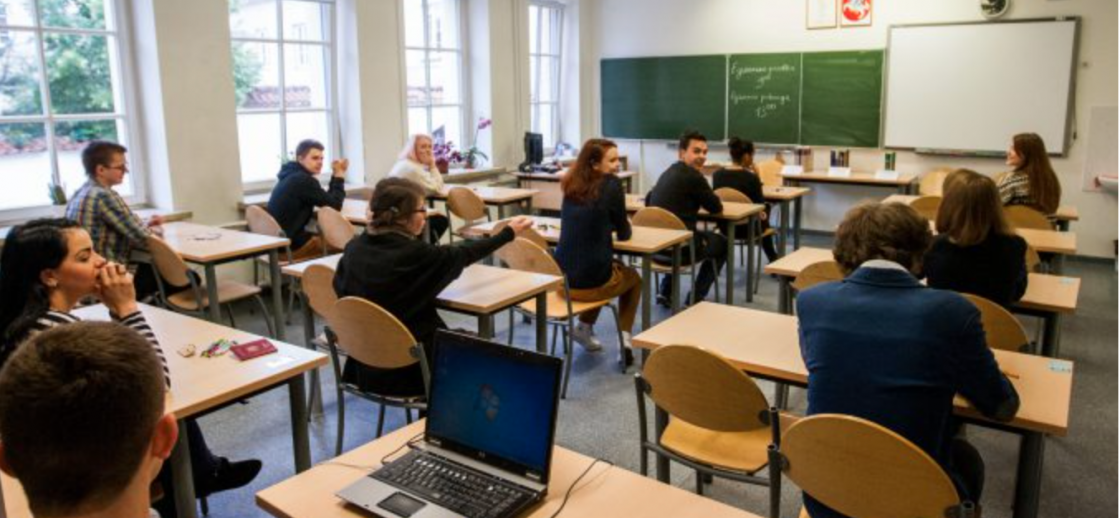Inclusive education – the reality of Lithuania schools in 2024 or just a goal that is unlikely to be achieved?

Inclusive education is not only an approach, teaching, but also a different organization of education. If you want to make this type of education successful and create inclusive environment, you have to link general and special education systems, take an interactive approach to disability, develop and effectively implement curricula, realistically differentiate education, evaluate and record children ‘s individual cognition and the effectiveness of positive assistance, create a system of support for students, improve the competence of teachers and specialists, improve inter – institutional cooperation and the usage of resources purposefully.
The example of Lithuania shows that it is not easy to create such a system and it takes a lot of effort, competence, cooperation and political will to fully implement the simple idea of quality and accessible education for all.
The Seimas of the Republic of Lithuania ratified the United Nations Convention on the Rights of Persons with Disabilities in 2010 and committed to ensure equal opportunities for children with various types of special needs to study in any educational institution with other students, but in reality the system doesn‘t work and further efforts are still needed to minimize barriers to learning for students with special needs.
In Lithuania parents raising a disabled child still face the situation that their children, who need educational assistance or physical adaptation of classroom facilities, are not admitted to general education schools and are offered to study in special schools and aren‘t fully able to integrate into society and learn with children who don‘t have special needs. In 2021 there are still 44 special schools in Lithuania, where more than 3,000 students with high and very high special educational needs study, and another 1,500 such children attend special pre-school education institutions. There are also about 40,000 students in general education schools who have a variety of other special educational needs, and it is about a tenth of all students in Lithuania.
Politicians have felt public pressure for the implementation of the concept of inclusive education in practise for a very long time and finally, in June 2020, Seimas adopted amendments to the Law on Education, which create legal preconditions gradually increase the inclusion of children with special educational needs in education system until the 1st of September 2024.
Although the amendment to the law has been passed, the municipalities and the schools themselves and their communities have a lot of work to do and prepare for it. To achieve this goal in 2024, about 173 million euros should be allocated from the state budget. It is also necessary to expand support system in schools, admit more educational support professionals and teaching assistants to schools and allocate money to their salaries, adapt the school environment for inclusive education, improve the qualification of all teachers and their competences so that they can work in the classroom with children with special educational needs.
The first step towards inclusive education in Lithuania was taken with the adoption of amendments to the Law on Education, but the education community is already anxiously waiting 2024, as it doubts whether it will be possible to prepare for it in practice in such a short time.
